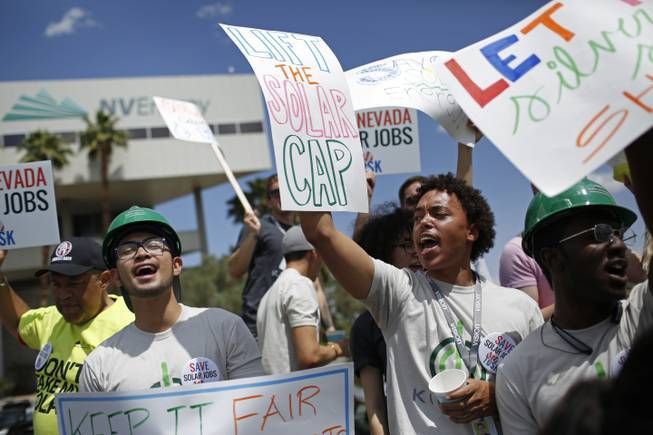Re-Establishing Our Relationship With Our Power Utilities

Who’s right here? Well, that’s the problem. The answer is Everyone.
Limiting the use of solar is damaging one of the most vibrant industries in our world today—one whose product is moving our civilization ever closer to a sustainable approach to energy via a reduction in fossil fuel consumption. But utilities are finding it progressively tougher to provide low-cost power to those who cannot participate in the net metering program.
As I wrote recently, our relationship with our power utilities must change rapidly and radically. I use the term “radically,” meaning “by the roots,” as there is virtually nothing about the deal we originally constructed with these entities 100 years ago that remains valid today. In the early 20th Century, we told them to get us cheap, reliable power. (And, to their credit, they did exactly that.) Now we’re saying:
• Get rid of coal plants now. They’re by far the worst polluters in the grid mix, in terms, not only of CO2, but of oxides of nitrogen and sulfur, heavy metals, and radioactive isotopes. We need you to replace all that poison with renewable resources.
• Deal, however you can, with the fact that your largest customers are leaving you in terms of distributed generation (as described above–mainly solar). That, of course, will not relieve you of your duty to provide power for every single person living in the country, regardless of how poor they may be.
• Realize you’re dealing with decreasing loads, largely due to energy efficiency.
• Implement energy storage, which will save money for everyone associated with the entire energy system: not only you as generators, but also transmission, distribution, and load (end-user customers). This means that you’ll have no more justification for building new peaker plants, which was formerly your main revenue source: building something and getting the regulatory bodies to let you charge it off to your customers.
• While you’re at it, deploy all the other goodies we’ve invested in the last few decades, whether you make money with them or not, e.g., smart-grid.
There is no way to avoid this collision, and it’s running at us at full speed. I’m sure there are law firms all over the country that are licking their chops, as the resolution of this mess will require far more legal work, protracted over a period of several decades, than any other issue in our country’s history.

